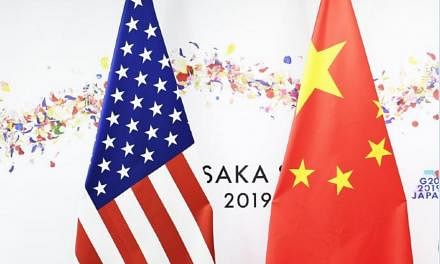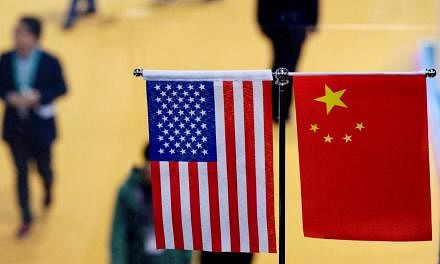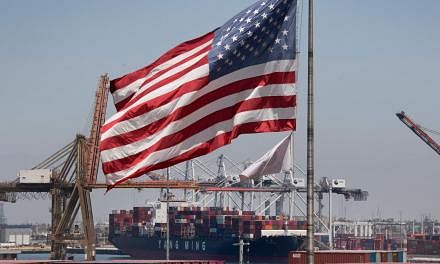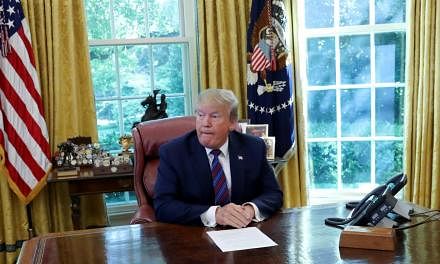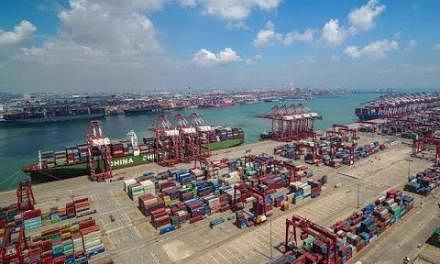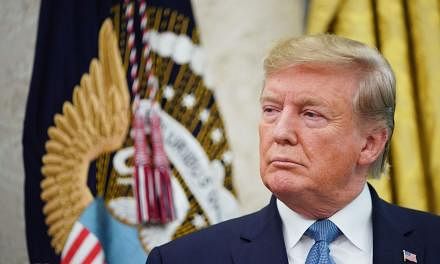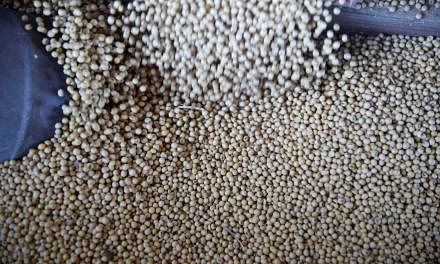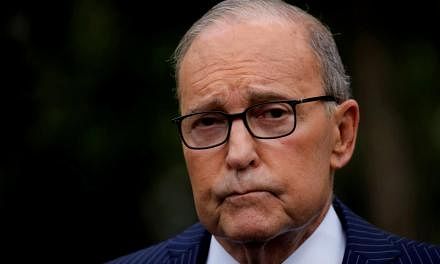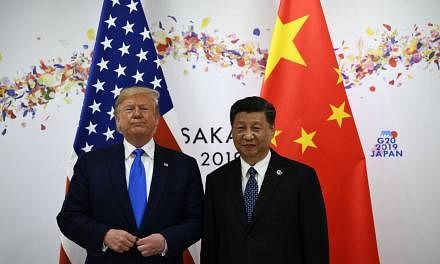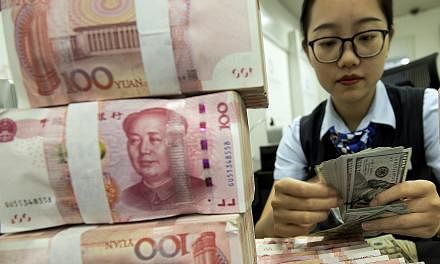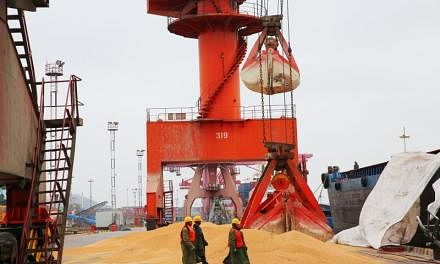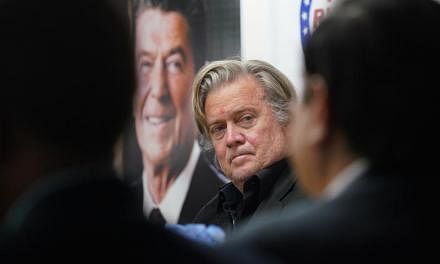WASHINGTON (REUTERS) - President Donald Trump's top economic adviser said on Wednesday he expected China would "play ball" on trade and come to agreements that would avoid the need for the United States to implement steep tariffs on Chinese imports.
"I think we're going to come to agreements," White House National Economic Council Director Larry Kudlow told Fox News Channel. "I personally, my view, I believe that the Chinese will back down and will play ball."
China's China's Ambassador to the United States Cui Tiankai said on Wednesday the United States and China should avoid a trade war, stressing that Beijing's preference was to resolve the dispute through negotiations.
"Negotiation would still be our preference but it takes two to tango," Cui told reporters after an hour-long meeting at the State Department with Acting US Secretary of State John Sullivan. "We will see what the US will do," he added.
Cui said the meeting covered all aspects of the US-China relationship, which he described as "comprehensive and complex".
"We discussed the overall relationship, including the trade aspects," he said.
Cui and State Department officials said the meeting had been arranged before Washington announced proposed US tariffs on US$50 billion (S$65.6 billion) of Chinese products, a move that provoked Chinese retaliation.
A US trade official said on Wednesday the United States may pursue negotiations to resolve deepening differences over trade, but he declined to say whether high-level meetings were planned.
One of the first opportunities for the United States and China to discuss the dispute will be on the sidelines of the International Monetary Fund and World Bank meeting in Washington on April 20-22.
A US official said no talks had been scheduled.
The State Department said afterwards that both sides had discussed the need to restore "fairness and balance" in the economic relationship between the United States and China, the world's largest economies.
Both sides agreed on the importance of pursuing a"constructive US-China relationship that produces meaningful results," the department said in a statement.
The meeting also reaffirmed their commitment "to the complete, verifiable, and irreversible denuclearization of the Korean Peninsula" - a reference to their cooperation in resolving a crisis over North Korea's development of nuclear missiles capable of hitting the United States.
China has traditionally been North Korea's closest ally though ties have been frayed by North Korean leader Kim Jong Un's pursuit of nuclear weapons and missiles and Beijing's backing of tough U.N. sanctions in response.
